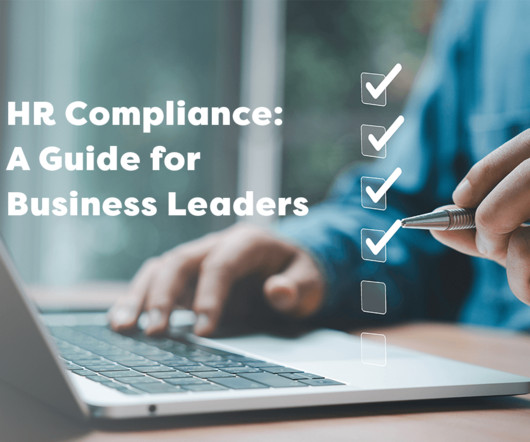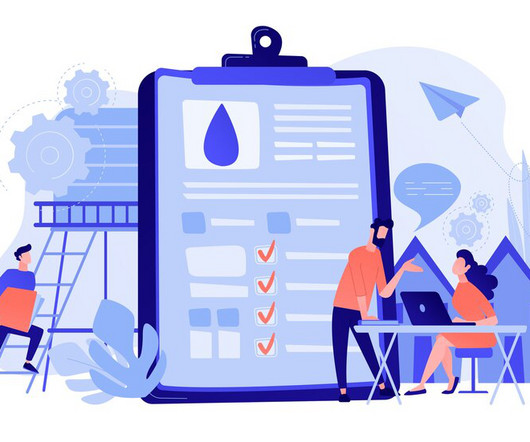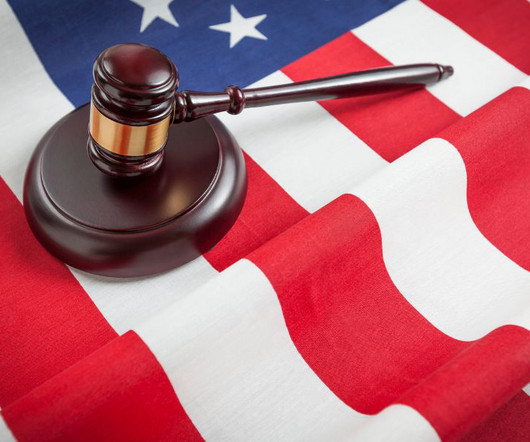10 Best Healthcare HR Software Solutions in 2025
Recruiters Lineup
APRIL 1, 2025
Managing human resources in the healthcare industry presents unique challenges, from complex scheduling needs to regulatory compliance and employee retention. The right HR software can help streamline recruitment, training, payroll, and workforce management while ensuring high-quality patient care.






















Let's personalize your content